Resources
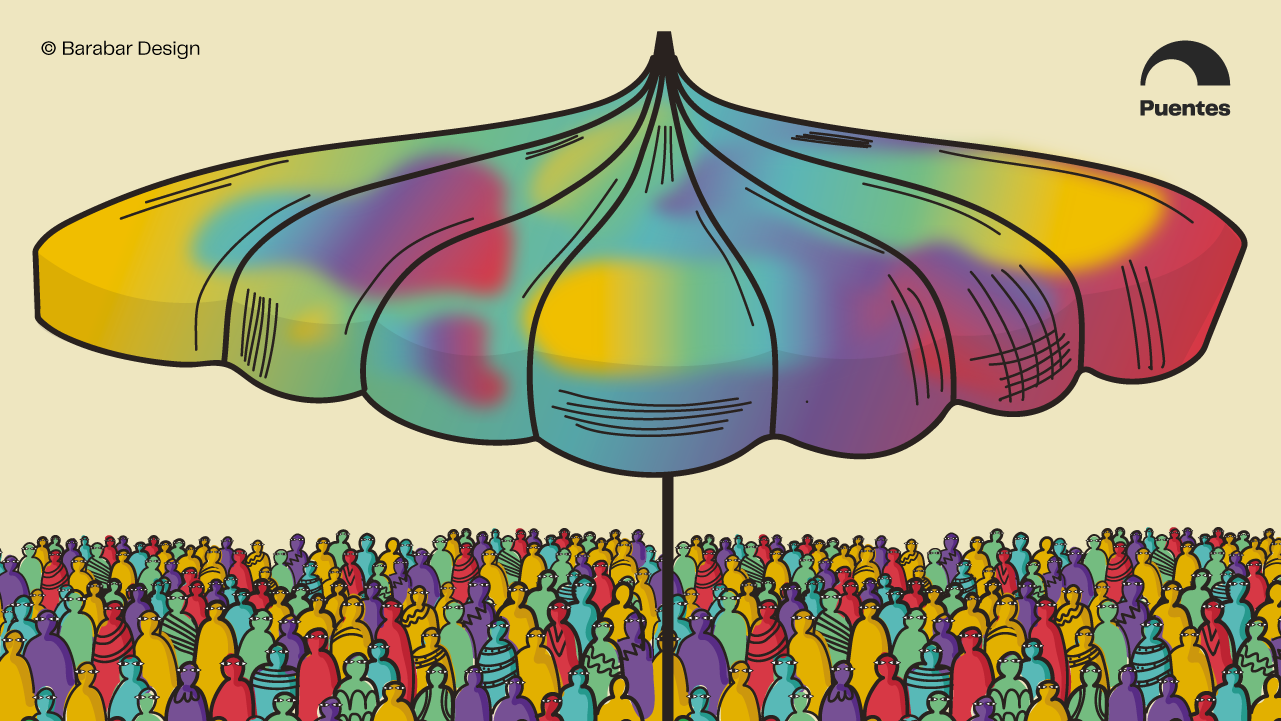 From Interconnection to a “Larger Us”: Expanding Circles of Identit...
From Interconnection to a “Larger Us”: Expanding Circles of Identit...
By Mónica Roa, Puentes In a world where public spaces for social interaction are vanishing and digital platforms promote isolation through hyper-personalized consumption of entertainment and services, at Puentes, we...
 Fascism and Isolation vs. Democracy and Interconnection: The Narrat...
Fascism and Isolation vs. Democracy and Interconnection: The Narrat...
By Mónica Roa, Puentes One way to understand our time is as a battleground of intense narrative disputes. On one side, the climate emergency, the impact of artificial intelligence on...
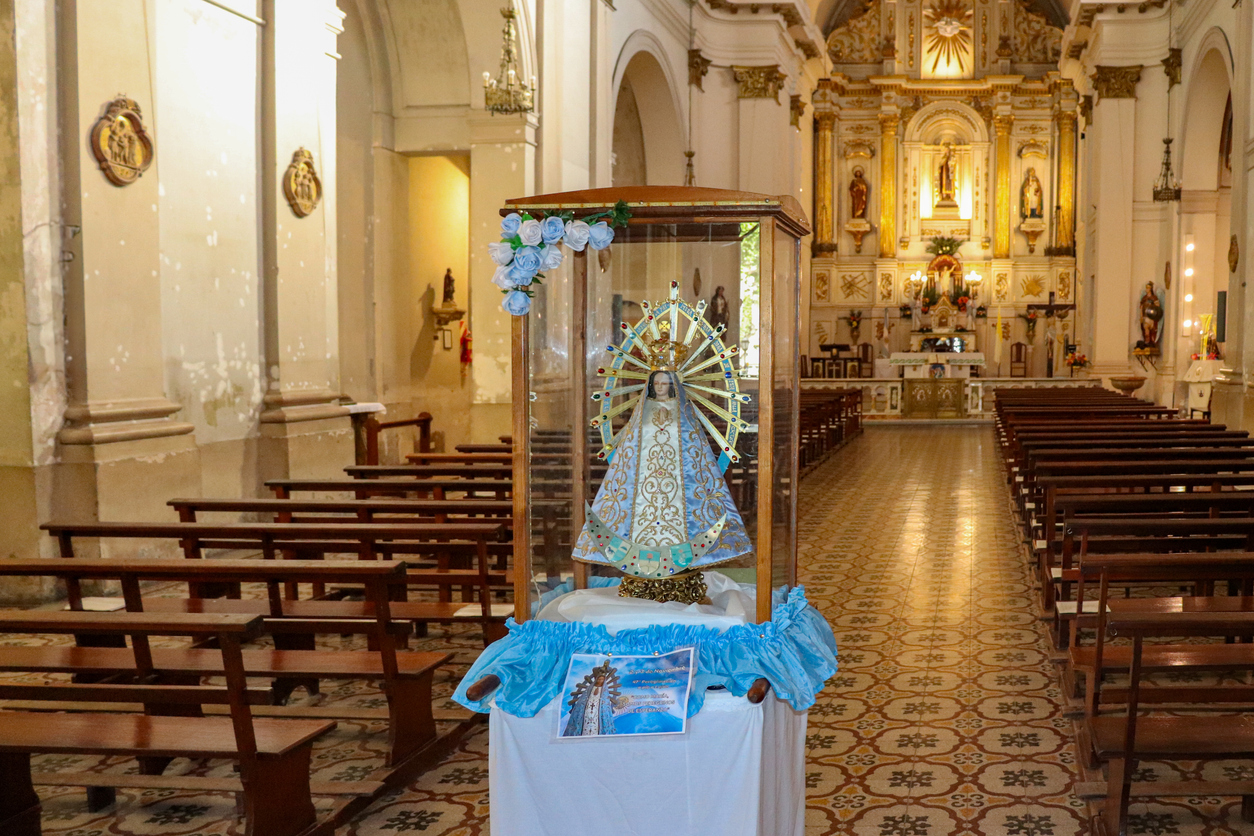 Argentine Catholic Clergy Oppose Javier Milei
Argentine Catholic Clergy Oppose Javier Milei
After winning Argentina’s 2023 elections, Javier Milei implemented restrictions on key democratic freedoms, such as the right to protest, prohibited the use of inclusive language, and led efforts to sanitize...
 Inspirational Examples of Principled Collective Action and Loving D...
Inspirational Examples of Principled Collective Action and Loving D...
Across the country, groups are using creative forms of collective action and nonviolent defiance to challenge abuses of power and attacks on fundamental freedoms. Key pillars, including faith organizations, unions,...
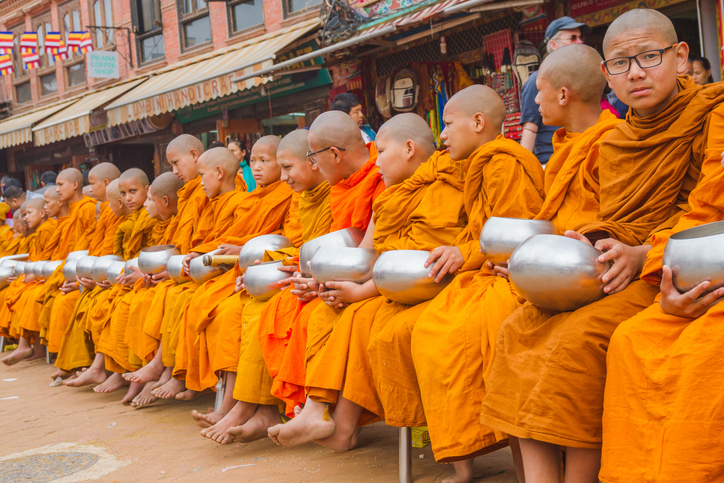 Buddhist Monks Defect from Myanmar’s Military Dictatorship
Buddhist Monks Defect from Myanmar’s Military Dictatorship
From 1962-2011, and again since 2021, Myanmar (Burma) has been formally ruled by military autocrats employing extreme brutality to maintain control. As around 90% of Myanmar identifies as Buddhist, Buddhist...
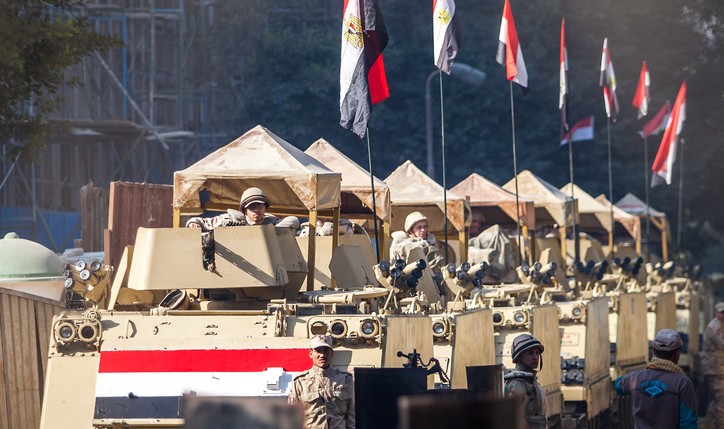 The Egyptian Military Defects During the Arab Spring
The Egyptian Military Defects During the Arab Spring
Between 1981-2011 Egypt was under the authoritarian rule of Hosni Mubarak, with the military serving as a key pillar of support. Yet when Egyptians began organizing mass anti-government protests, the...
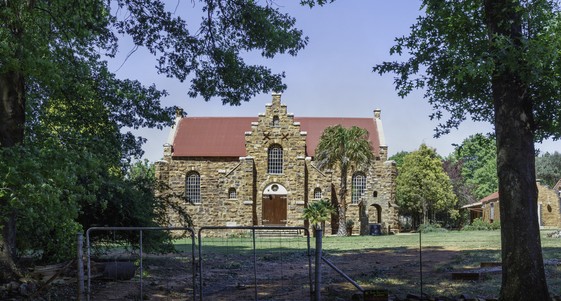 South African Clergy Support Early Defections from Apartheid
South African Clergy Support Early Defections from Apartheid
Christian clergy played an important role in creating, supporting, and eventually disrupting apartheid in South Africa. Immediately post-1948, despite the threat of repression, there were a few examples of defiance,...
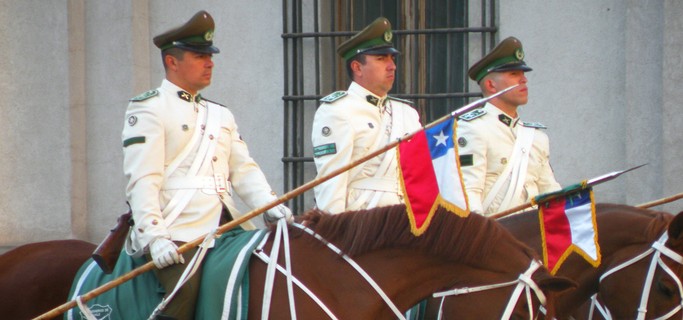 The Chilean Security Sector Defects from the Pinochet Dictatorship
The Chilean Security Sector Defects from the Pinochet Dictatorship
In 1973, a group of military officers led by General Augusto Pinochet and supported by the United States government overthrew Chile’s democratically elected, socialist president, Salvador Allende. During the transition,...
 Introducing the Pillars of Support Project
Introducing the Pillars of Support Project
*By Adam Fefer In both the United States and abroad, political leaders have undermined democratic institutions and norms as part of a nearly two-decade global trend of rising authoritarianism. From the...
